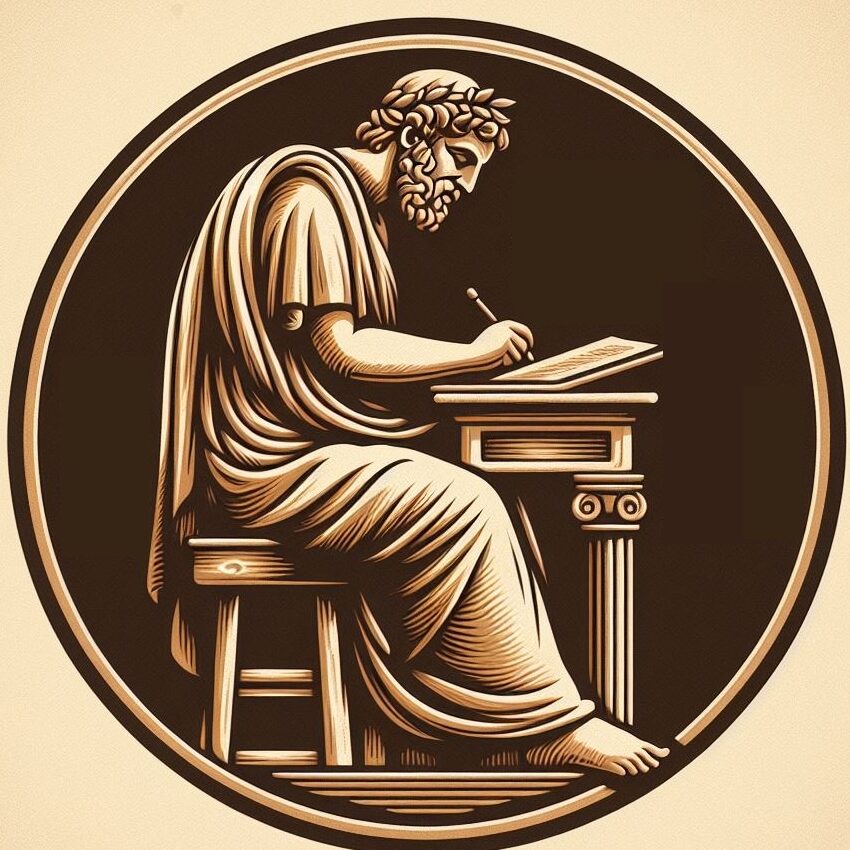The first psalm presents its readers with a choice: will you walk in the way of God’s Torah and live a blessed life, or will you choose the way of foolishness and ungodliness? The psalmist uses a simile to describe the results of each way of life. The way of the righteous person is like a tree planted by the rivers of water, which bears its fruit seasonally and its leaves will not wither, and it will prosper in every endeavor. The way of the ungodly is not like this. Instead of the stability of being planted by the River of Life, the ungodly are like chaff blowing in the wind. They are flakes driven about by the gusts of life. Unlike the tree which can withstand the winds due to the nourishment from the River and its deep roots, chaff is highly unstable and worthless. It is not the fruit itself, but the husk of the fruit that is discarded before consumption. When set next to one another, the lives of the blessed person and the ungodly person are black and white.
Isaiah uses similar planting imagery to talk about the idolatrous Israelites:
“For you have forgotten the God of your salvation and have not remembered the Rock of your refuge; therefore, though you plant pleasant plants and sow the vine-branch of a stranger, though you make them grow on the day that you plant them, and make them blossom in the morning that you sow, yet the harvest will flee away in a day of grief and incurable pain” (Isa 17:10–11).
Those of the northern tribes of Israel have forgotten their God, their rock, their salvation. Instead, they plant “foreign plants,” which are associated with the idolatry of Canaan. These plants represented and honored the fertility deity (or deities) of the foreign nations. Isaiah ridicules this practice and says it is very fitting for these gods: just as these plants grow up overnight, they wither in a brief time. The harvests and abundance that these gods supposedly bring will result in nothing. The power of these gods is transient and will result in sickness and pain for the worshipers.
How often do we pursue gods that promise wealth, health, fertility, and abundance? Our nation pursues Mammon, the god of earthly wealth. He promises security, happiness, and power. Our neighbors pursue Aphrodite and Dionysius, the goddess and god of sex, drunkenness, and ecstasy. These so-called gods promise great things and sometimes they deliver on their promises. Yet they cannot fulfill this promise in any lasting way. As soon as we become rich, we are still unsatisfied. As soon as one pleasure ends, we seek yet another. Do we really want to give such fickle gods our allegiance? The lasting result of worshiping these gods is not wealth or pleasure, but pain and futility.
Like the ungodly person of Psalm 1:4, the idolatrous will be like chaff, “he [i.e. Yahweh] will rebuke them, and they will flee far away, chased like chaff on the mountains before the wind and whirling dust before the storm” (Isa 17:13). Also like in Psalm 1, we are presented with a choice of life and death, of stability and instability. Do not live a life of anxiety and insecurity. Establish yourself on the Refuge and Rock (17:10). Be planted by the River of Life. You will never thirst when you drink from its waters (John 4:14). When the winds blow and the floods come, you will not be moved (Matt 7:24–25). Flee from idolatry (1 Cor 10:14)! Guard yourself from idols (1 John 5:21), and be planted and firmly rooted in the living God (Col 2:7). Through his abundance you will bear fruit. Through his life, your leaves will never wither. He will cause you to prosper forever.
